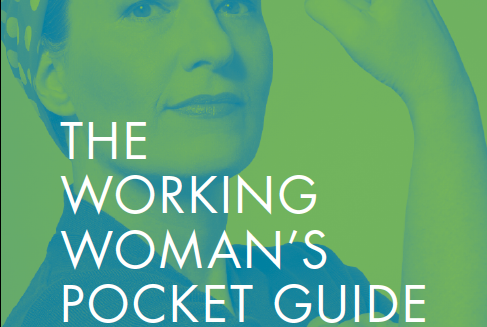The NY Working Woman's Pocket Guide
Familial Status & Caregiver Discrimination
If you are a parent, your employer cannot penalize you because you have children under age 18. Under New York law, parents are entitled to the same treatment as their co-workers without children.

Am I covered?
If you work for an employer in New York State, or are applying to work for one, then you are covered.
You are also covered by the law if you are an independent contractor.*
*New York State law defines “non-employees” as contractor, subcontractor, vendor, consultant or other person providing services pursuant to a contract in the workplace or who is an employee of such contractor, subcontractor, vendor, consultant or other person providing services pursuant to a contract in the workplace.
What is familial status discrimination?
It means your employer cannot discriminate against you because you have children under 18.
What does familial status discrimination look like?
It can include refusing to hire or promote you, harassment, paying you less, or taking some other negative action against you just because you have children. For example:
- Your boss can’t fire you just because you are adopting a child and she thinks you will not be as dedicated to your work.
- A company cannot refuse to hire you just because you are a single mother.
- This type of discrimination might also include an employer denying you an alternate work schedule if they routinely grant such adjustments to workers without caregiving responsibilities.
Do I have additional rights if I work in New York City?
Yes. If you work in New York City, it is illegal for employers to discriminate against you if you provide direct or ongoing care to:
- A child under 18 (including adopted or foster children).
- A parent, sibling, spouse, domestic partner, child (of any age), grandparent, or grandchild who is sick or has a disability.
- Anyone else with a disability who lives with you and relies on you for medical and/or daily care.
A couple additional notes:
- These laws apply to you regardless of your immigration or citizenship status.
- The information listed in this section does not constitute legal advice. It is always advisable to consult with an attorney about your individual circumstances if you have questions or think your rights as a worker have been violated.
The New York Working Woman’s Pocket Guide
To download the full New York Working Woman’s Pocket Guide as a PDF, click here.







